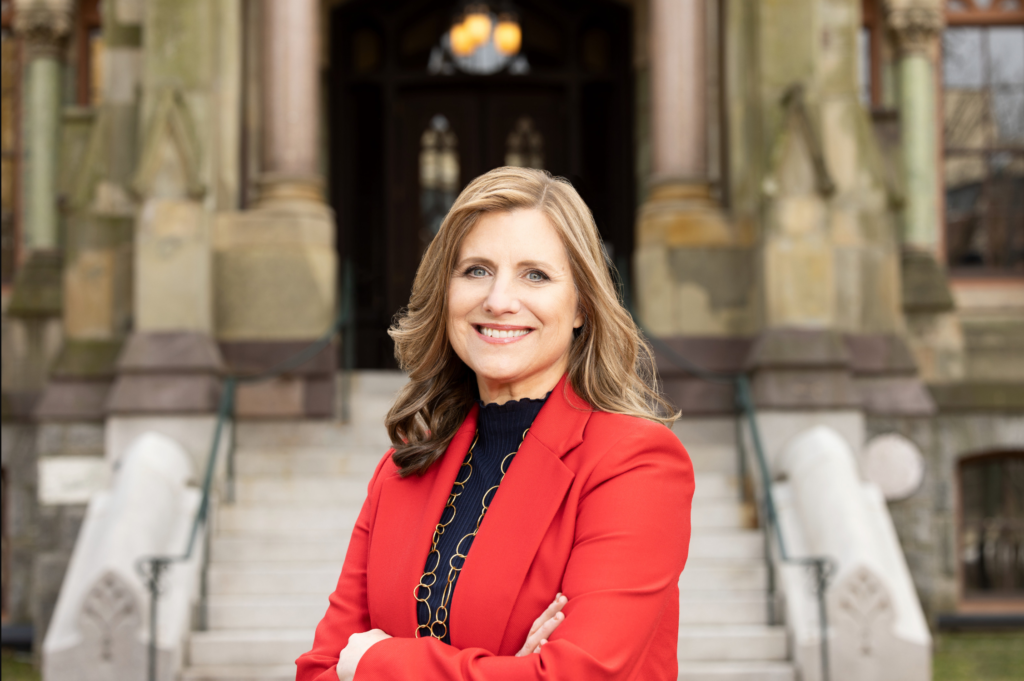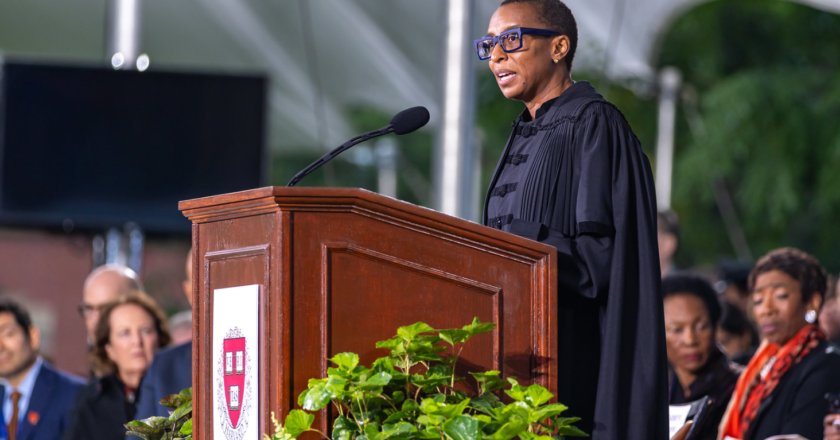Following the terrorist attacks on Oct. 7 and the subsequent outbreak of the Israel-Hamas conflict, a wave of antisemitic acts across the United States began. In the nation’s top universities, including the University of Pennsylvania and Harvard University, there have been a number of controversies regarding antisemitism on campus.
In early December, Congress held a hearing regarding what constitutes “bullying and harassment” on campus. President Claudine Gay of Harvard University and President Liz Magill of the University of Pennsylvania were both questioned about how they intended to handle student activism on campus, specifically in relation to the ongoing Israel-Hamas conflict.

These demonstrations of activism included pro-Palestinian protests and antisemitic rallies.
Both women were forced to resign after the congressional hearing.
In addition to Gay and Magill, MIT’s president, Sally Kornbluth, was questioned and could potentially lose her position. The trio was asked if calling for a “genocide of all Jews” would be a violation of the universities’ codes of conduct.
Gay, Magill and Kornbluth all declined to give a definitive answer, stating that any potential repercussions to such statements must also be balanced with protecting the right to freedom of speech.
Gay’s inability to condemn antisemitic commentary by Harvard’s student body largely contributed to her tenure becoming the shortest in Harvard’s history, coming to an end after just six months of leading the elite educational institution. “The campaign against me was about more than one university and one leader,” Gay said in a recent New York Times op-ed about the controversy.
Magill, on the other hand, did not acknowledge the hearing in her resignation letter. “It has been my privilege to serve as president of this remarkable institution,” she wrote.
Dr. Michelle Friedman, faculty sponsor of the Jewish Student Alliance (JSA), was asked about how the conflict in the Middle East has influenced antisemitism on university campuses.
“All of this outrage at Israel, this anti-Zionism, is another facet of antisemitism that has been around for thousands of years. Absolutely, there should be conflict and conflicting discourses on campus, but there should not be calls for intifada, which means uprising, “Dr. Friedman said. “Universities should be a place where people can express discourse and have conflicts with each other, but there has to be a limit.”
There are a number of steps universities can take to combat antisemitism.
“Universities have to make a commitment to Jewish students that they will be protected,” Friedman said. “The second thing they can do is educate. What the Israeli government is doing to the people of Gaza is terrible, and not all Israelis— or American Jews— support what their government is doing.”
Finally, Friedman spoke about the nuances of the conflict. “There are no simple answers here, except to bring the hostages home, get Israel to stop bombing the Palestinians, get Hamas out of power and rebuild Gaza,” Friedman said.
As with any such conflict, it is important to recognize that there are two sides, and both can be right and wrong. Universities must strive to protect both the right to expression of one’s viewpoints and respect for every single individual’s identity. No one should be discriminated against in the name of free speech, and this is ultimately what both Magill and Gay failed to acknowledge in December’s hearing.

